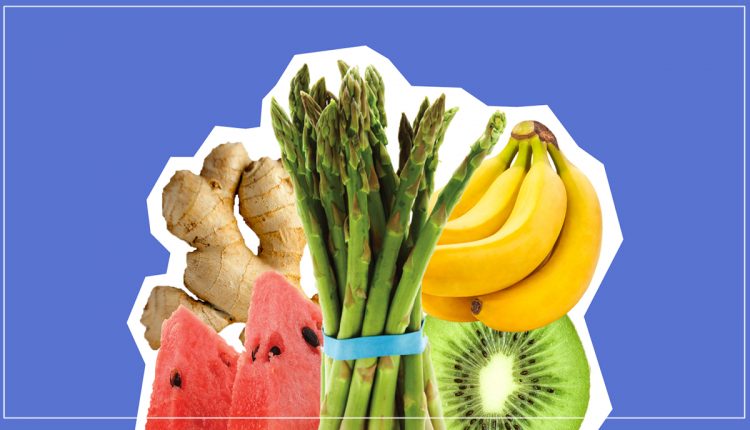
Bloating: 5 Foods That Cause It
Bloating can simply be described as an expansion in stomach size due to the consumption of food and drink. Abdominal gas, often a reaction of the food and drink consumed, is also a common cause of bloating. While reasonable abdominal bloating is expected and quite normal after meals, excessive and prominent bloating can be quite uncomfortable. So if you find it difficult to fit into your jeans after every meal, you may want to take stock of the foods that make up your regular diet. Some foods cause more abdominal bloating than others, on account of their natural make-up. It may also be possible that your bodily reaction to a particular food results in this effect.
If the following foods are a regular feature of your diet, try to identify which one of them may be causing this effect in your system.
Green Vegetables
Healthy greens such as broccoli, kale and spinach are excellent sources of nutrients and minerals. However, an initial increase in intake can lead to extra release of abdominal gas. This is because these green vegetables contain a compound called raffinose which is fermented by bacteria in the intestine. This action causes the release of gas. Does this mean that you should consider cutting back on these healthy vegetables? Not at all! Over time, these nutritious foods will make your digestive system stronger and in turn lead to less bloating.
Legumes
Beans, lentils, soybeans, among other natural foods fall within this category. Legumes are well known abdominal gas triggers. The nutritional make-up of legumes consists mainly of protein, fibers and sugars which are not digested immediately by the body. A large chunk of this is broken down by bacteria in the intestine which is what causes the production of gas. Experts recommend incorporating these foods in your regular diet to ensure that your body gets used to them and does not react as such to being exposed to them.
Dairy Foods
Dairy foods usually cause bloating for people who are lactose intolerant. Lactose intolerance refers to an inability to produce the enzymes required to break down lactose, an essential component of dairy products. Being exposed to dairy products can trigger excess gas production and bloating for those who are lactose intolerant. Consult your doctor to get an expert opinion on which foods you should stay away from, and how you can manage your lactose intolerance in a better way.
Salty Foods
Foods that are high in sodium cause water retention in the body which leads to bloating and that uncomfortable feeling of heaviness. It is very difficult to avoid sodium in ones diet because almost all processed and packaged foods contain high levels of sodium. What you can do is try to incorporate as many natural fruits and vegetables in your diet as possible. Steer clear of processed foods because as far as nutrients and healthy compounds go, they cannot offer even a fraction of what you can get from natural foods.
The Takeaway
Bloating is quite an unpleasant sensation, and can leave one feeling self-conscious and uncomfortable. Isolate the triggers as much as possible and seek suitable remedies by modifying your diet plan. If the bloating persists and you feel that a bigger medical problem may be causing, consult your doctor immediately. If you have any questions, comments or insights feel free to share them in the comments section below.

